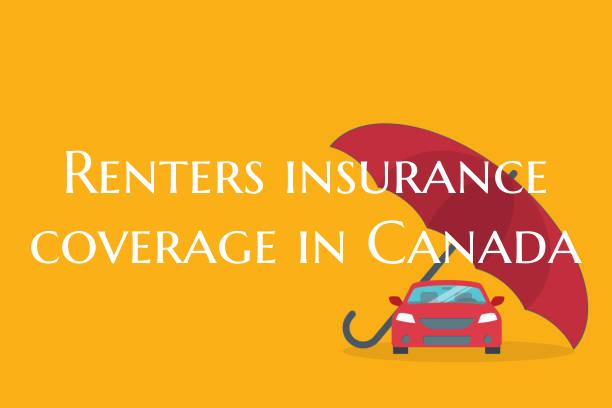Renters Insurance Coverage in Canada: Everything You Need to Know
Renting a property in Canada comes with its own set of responsibilities and risks. One way to protect yourself and your belongings as a tenant is by getting renters insurance. Renters insurance offers coverage for personal belongings, liability protection, additional living expenses, and more. Here's a comprehensive guide to understanding renters insurance coverage in Canada.
### What Does Renters Insurance Cover?
1. Personal Belongings: Renters insurance typically covers the cost of replacing or repairing your personal belongings in case of theft, fire, vandalism, or other covered perils. This includes items like furniture, electronics, clothing, and jewelry.
2. Liability Protection: If someone is injured on your rented property, renters insurance can help cover their medical expenses and legal fees in case you are held responsible for the injury.
3. Additional Living Expenses: If your rental unit becomes uninhabitable due to a covered loss, renters insurance can help cover the costs of temporary accommodations, such as hotel expenses or renting a new place.
4. Loss of Use: This coverage helps you cover the costs of living elsewhere if your rented property is damaged and you are unable to live there temporarily.
5. Medical Payments to Others: Renters insurance can cover medical expenses if a guest is injured in your rented property, regardless of who is at fault.
6. Personal Liability: This coverage protects you if you accidentally cause damage to someone else's property, covering legal fees and repair costs.
### Types of Renters Insurance Policies
1. Actual Cash Value: This type of policy pays out the current value of your belongings, taking depreciation into account.
2. Replacement Cost: This policy reimburses you for the cost of replacing your belongings at today’s prices, without factoring in depreciation.
### Factors Affecting Renters Insurance Premiums
1. Location of the Rental Property: Rental properties in high-crime or disaster-prone areas may have higher insurance premiums.
2. Coverage Limits: The amount of coverage you choose will affect your premium. Make sure your policy offers adequate coverage for your belongings.
3. Deductible: A higher deductible usually means lower premiums, but you'll pay more out of pocket in case of a claim.
### How to Choose the Right Renters Insurance
1. Evaluate your needs and assess the value of your belongings. 2. Compare quotes from multiple insurance providers to find the best coverage at a competitive price. 3. Review the policy details, including coverage limits, exclusions, deductibles, and additional coverages. 4. Consider bundling renters insurance with other policies for potential discounts.
In conclusion, renters insurance in Canada is a valuable investment for tenants to protect their personal belongings and mitigate liability risks. Understanding the coverage options, policy types, and factors that affect premiums can help you make an informed decision when choosing a renters insurance policy. By securing the right coverage, you can have peace of mind knowing that you are financially protected in case of unexpected events.

